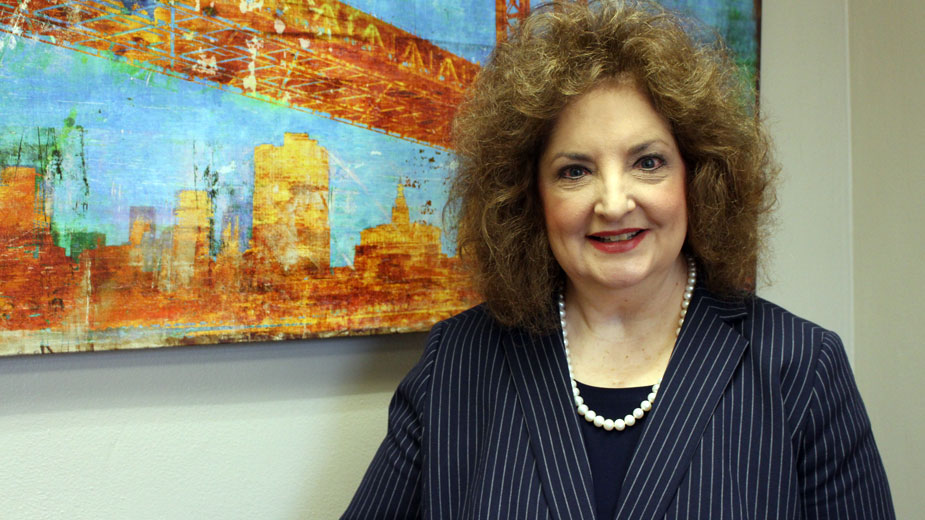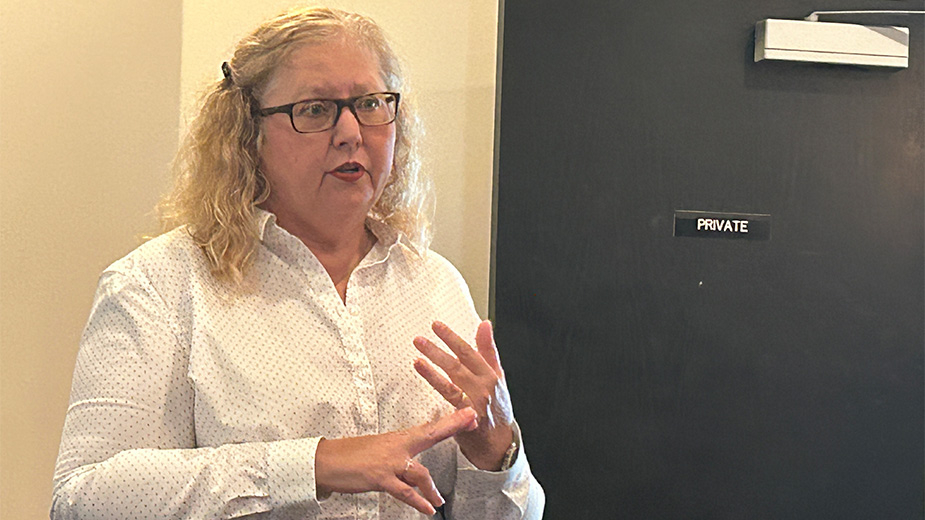Key Takeaways from Cohen’s Estate Planning Webinar
By Sarah Kelley
YOUNGSTOWN, Ohio – You may not want to think about your own death, but Karen Cohen says it’s something everyone must do to make sure a mess isn’t left behind for your loved ones.
“Everyone needs an estate plan because everyone is going to pass away,” said Cohen, vice president and trust officer at Home Savings Bank. “But the problem is no one wants to confront their own death, so they push it out of their minds.”
On Nov. 15 Cohen shared her knowledge on estate planning in “An Estate Plan for us All” webinar, which was hosted by Home Savings and The Business Journal. You can watch the entire webinar above.
“When are you ever going to wake up on a beautiful day and say, ‘Let’s update our wills today dear,’ ” Cohen joked as she began the webinar. But “everyone needs an estate plan,” she continued.
Since the Tax Cuts and Jobs Act was passed last December, more people believe that they don’t need an estate plan because they don’t have a taxable estate, Cohen said. The biggest impact the act has had on estate planning is the estate tax exemption jumped to $11.18 million per person this year, up from $5.49 million per person in 2017. It is double for married couples.

Karen Cohen, vice president and trust officer at Home Savings Bank, shared her expertise on estate planning in the “An Estate Plan for us All” webinar.
On Nov. 15, the IRS announced next year’s estate tax exemption will increase to $11.40 million.
“People tend to think, ‘It’s so high I don’t need to plan because I don’t have a taxable estate,’ ” she said. “But there are a lot of other aspects of estate planning besides the tax.”
Other reasons why someone needs an estate plan are so you can make sure your assets are going where you want them to go. If you pass away and don’t have an estate plan, your family may not have access to your cash, vehicles or life insurance proceeds.
“It will be tough enough for your spouse and children to cope with the grief of losing you,” Cohen said. “Don’t add the torture of a disorganized estate to that burden for them.”
Another reason why you need an estate plan is so that you don’t have to involve the probate court, which is a public process.
“Nowadays, people can just go online to look at the status of your estate to find out what you owned and what it is worth,” she said. “Many people prefer more privacy than that.” The process also takes longer than non-probate.
There are three types of property ownership and the titling of property must be understood because it will have an impact on how it transfers after your death.
The first type of property ownership, fee-simple ownership, relies on instruction from you to determine where to transfer it. “If you have a will, that’s perfect,” Cohen said. “If you don’t have a will, the state you live in has a plan for you.”
The second type, tenants in common, is when you own property with someone else, but the property is not titled in a manner that allows it to pass from one owner to the other at the death of one of the owners. A will is also in control of what happens to this property.
“For example, you own a fishing cabin with your brother as tenants in common. When you pass away, that cabin will not automatically transfer to your brother,” she said. “Your share of the cabin will go through probate and, if you have a will that leaves everything to your spouse, your share of the cabin will go to your wife. Your wife and your brother will now own a fishing cabin together, probably not what either of them ever dreamed would happen.”
The third type, joint tenants with the right of survivorship, supersedes a will. So, if you own a building with your sister and you pass away, your share of the building goes to your sister, even if your will gives everything else to someone else, she said.
Most couples choose their spouse as their beneficiary, but once the surviving spouse is provided for they worry about their children, and later in life grandchildren.
For single individuals who don’t have any children, or don’t want to make a family member their beneficiary, charity is another consideration.
“Opening a donor-advised fund at the Community Foundation of the Mahoning Valley or the Youngstown Foundation are both wonderful ways to leave a legacy when you have no children as a legacy,” Cohen said.
Estate plans should be reviewed anytime there is a change in a life circumstance, such as death or divorce. Beneficiary designations should be revisited every five to 10 years.
One of the biggest misunderstandings about estate planning is when it comes to gift tax, Cohen said.
“The gifts you make during life and at death to friends and family all count toward your exemption from estate tax,” she said.
In 2018, gifts of $15,000 per year and per as many people as you want to give to, are excluded from being taxed. So even if your gift exceeds $15,000, it would have to cumulatively exceed $11.18 million to create a situation where there would be some gift tax to pay.
During the webinar, Cohen listed the four estate-planning documents everyone should have, which are: a will, a power of attorney for financial matters, a power of attorney for health care and a living will.
In addition, she also recommended for people to write a side letter of instruction about matters that go beyond the legal requirements to transfer assets, because a will may not be read until weeks after your funeral arrangements.
“Close family members are often grateful to have some sort of guidance about where to start in handling your final arrangements,” she said. “The side letter is a good place to put instructions about your funeral arrangements.”
Among the arrangements on your side letter are what music you’d like at your funeral, what you would like to wear and who should receive specific items of your personal property.
The side letter is written in your own home and signed by yourself. No notarization is needed on it. However, you should make sure your loved ones know where you are placing the letter.
Another important part of an estate plan is setting up a trust, but a trust is not needed for everyone, Cohen says.
“For example, someone may need to set up a trust if they don’t want their children to receive a large amount of money at one time and spend it all on a Ferrari,” she said. Children with special needs or addiction problems can also benefit from a trust.
“Once you pass away, your trust becomes irrevocable and cannot be changed,” Cohen said. “It can continue managing your assets for generations to come.”
Additionally, a trust can provide asset protection against creditors.
“Estate planning is not just for the wealth among us,” Cohen said. “Estate planning is the management and conservation of your assets during your lifetime, as well as the efficient and effective transfer of those assets after you pass away.”
Copyright 2024 The Business Journal, Youngstown, Ohio.


